In a move generating intense debate across the Lone Star State, the Texas Senate has once again passed a sweeping ban on all forms of THC (tetrahydrocannabinol). This action — coming just months after a similar ban was vetoed by Governor Greg Abbott — has reignited the conversation about cannabis, consumer rights, economic impact, and public health throughout Texas. The implications stretch from the Panhandle to the Gulf Coast, impacting urban powerhouses like Houston and Dallas, as well as rural communities from Amarillo to Brownsville.
This article explores the new THC ban in detail, covering the legislative background, what the bill entails, the expected economic, legal, and social fallout, and the future of both industrial hemp and medical cannabis in Texas.
Background: The Legal Status of THC and Hemp in Texas
To understand the new legislation, it’s crucial to know how we arrived here. The 2018 federal Farm Bill famously legalized hemp (cannabis with less than 0.3% THC), unlocking a market for hemp-derived cannabinoids such as CBD. In 2019, the Texas Legislature followed suit, allowing for industrial hemp cultivation and sale. What lawmakers did not anticipate was the explosive market for hemp-derived THC products — like delta-8, delta-9, and various edibles, vapes, and drinks — that found legal gray areas in those rules.
By 2024, Texas was home to more than 8,000 registered vendors and an $8 billion hemp industry, with cities like Austin, Houston, San Antonio, and Dallas seeing a surge in retail outlets, cannabis-themed beverages in bars, and specialty wellness shops.
What the Ban Includes: Key Provisions of the Senate Bill
Senate Bill 5, spearheaded by Senator Charles Perry (R-Lubbock), introduces one of the strictest bans on consumable hemp-derived THC products in the nation. Here are the main components:
-
Ban on All Intoxicating THC: Includes delta-8, delta-9, and all other forms that can intoxicate.
-
Retail Sale Prohibited: No store, from gas stations in Dallas to wellness shops in Austin, can sell any consumable product with “detectable” THC, regardless of the amount.
-
Exceptions for CBD and CBG: The bill explicitly allows the sale of CBD (cannabidiol) and CBG (cannabigerol), both non-intoxicating compounds.
-
Minimum Age Raised: Sale of allowed products is restricted to those 21 and older.
-
New Criminal Penalties: Manufacturing or distributing banned hemp-derived THC is a third-degree felony; possession is a Class C misdemeanor.
-
Stricter Packaging and Marketing: Aimed at preventing child-friendly packaging, especially after reports of THC gummies sold near schools.
Why Is Texas Pushing for a Full THC Ban?
The stated reasons center around public health, child safety, and law enforcement challenges:
-
Child Safety: Officials cite cases of children consuming THC candies, leading to emergency room visits, especially in cities like Houston and El Paso.
-
Labelling and Quality Concerns: Lawmakers note many products are unregulated, poorly labeled, or far more potent than intended.
-
Law Enforcement: Citing a lack of resources, some claim that only a full ban allows the state to “regain control” of the marketplace.
-
Political Pressure: Lieutenant Governor Dan Patrick has made a ban a legislative priority, asserting that regulation would amount to “de facto legalization,” which he opposes.
Political Drama: Senate, House, and Governor at Odds
Earlier in 2025, a similar bill made it through both chambers of the Texas Legislature but was vetoed by Governor Greg Abbott. He asked the Legislature to create a regulatory framework, not an outright ban, suggesting limited THC content and tighter oversight.
This time, the Senate doubled down, passing the full ban again despite Abbott’s objections. The Texas House, with many members representing more urban and moderate districts such as Houston, Dallas, and Austin, has shown more willingness to discuss compromise solutions — potentially setting up another legislative showdown.
The Economic Fallout: Businesses, Farmers, and Tax Revenue
The Texas hemp-derived cannabinoid marketplace is vast and rapidly growing:
-
Size: An estimated $8 billion in annual sales, more than 8,000 retailers, and at least 2,000 hemp-related businesses from Amarillo to Corpus Christi.
-
Employment: The industry supports tens of thousands of jobs, from farming in the Rio Grande Valley to retail jobs in Houston and Dallas-Fort Worth.
-
Fiscal Impact: Official fiscal notes predict a loss of $19.27 million to state revenues through 2027 and $2 million annually to cities like Austin and Houston due to lost sales taxes.
-
Rural Impact: In rural areas, including Lubbock, hemp farming provides a vital alternative to traditional crops, and the ban eliminates many farmers’ main cash crop.
Business owners warn that the new law would force thousands of shop closures, layoffs, and bankruptcies, while consumers may turn to unregulated — and potentially dangerous — black-market sources.
Public Health and Safety: The Driving Narrative
Supporters of the ban point to:
-
ER Visits: Reports of newsworthy spikes in children admitted to emergency rooms after ingesting edible THC products, especially gummies sold in colorful packages.
-
Product Potency: Some THC drinks and edibles in Texas have been found to contain two to three times the THC content of cannabis from illicit sources.
-
Community Concerns: In towns from Midland to Beaumont, parents have testified about the ease with which minors can access intoxicating hemp products.
However, critics argue the ban could backfire by pushing these products underground, making them even more difficult to regulate or keep away from children.
Impact on Cities and Communities Across Texas
The ban will have diverse impacts in different communities:
-
Austin: Known for its progressive politics and robust hemp industry, the city will face economic shockwaves, with hundreds of specialty stores and cafes affected. The city may lose upward of $1 million in sales tax revenue annually.
-
Dallas and Fort Worth: Large metropolitan areas with thriving nightlife and boutique cannabis retailers, these cities will see significant business closures and job losses.
-
Houston: Texas’s largest city will be hit especially hard, given its numerous smoke shops, hemp retail outlets, and farmers on the city outskirts.
-
San Antonio: With many veterans relying on hemp-derived THC for health issues, the city could see increased advocacy and public pressure.
-
Rural Texas: Small towns, like Abilene and Amarillo, that have welcomed new hemp businesses will lose tax revenue, local investment, and job opportunities.
Medical Cannabis and Patient Voices
The Texas Compassionate Use Program (TCUP), the state’s low-THC medical cannabis program, remains restrictive compared to national trends:
-
Access Limitations: Until this year, only 3,000-4,000 patients across Texas participated in the program each month, with many unable to access effective products. Only CBD and 1% or lower THC medicines are permitted, and only for a handful of medical conditions.
-
Recent Expansion: In 2025, the Legislature modestly expanded TCUP to include more conditions but not chronic pain (a major public health need).
-
Patient Outcry: Advocates, including veterans and patients in urban and rural areas, have protested the ban, saying many people use hemp-derived THC products to treat pain, PTSD, epilepsy, and more. In cities like Houston, dozens of demonstrations and testimony hearings have occurred.
Legal Challenges and Regulatory Uncertainty
The new ban faces potential obstacles:
-
Federal Conflict: Critics argue SB 5 conflicts with federal law under the 2018 Farm Bill, which legalized hemp with up to 0.3% THC.
-
Industry Lawsuits: Texas hemp companies and civil liberties groups are expected to challenge the ban in court, claiming it’s vague, overbroad, and deprives them of due process.
-
Enforcement Confusion: Law enforcement in cities such as Austin and Houston may struggle with implementation, given the proliferation of products and previous lack of oversight.
Texas and the National Stage: Will Others Follow?
Texas is the most populous conservative-leaning state and often sets trends for other states in the South and Midwest:
-
Potential “Prohibition Bloc”: Lawmakers in Georgia, Tennessee, Alabama, and Florida are already debating stricter bans, closely watching Texas’s experience.
-
National Divide: If enacted, the Texas ban may deepen the split between states where cannabis and hemp-derived THC are legal (e.g., Colorado, Michigan) and those enforcing prohibition.
Conclusion: What Comes Next for Texans?
The Texas Senate’s bid to outlaw all intoxicating forms of THC has set the stage for a dramatic confrontation with the House and Governor. The debate isn’t over; litigation, further protests, and economic tremors are likely to continue. Cities across Texas will feel the effects differently, but everywhere the conversation around cannabis — its risks, benefits, and legal treatment — will grow louder.
As the state that once led the charge on hemp cultivation for American farmers, Texas now faces a crossroads: Will it clamp down on a billion-dollar market or find a way to regulate and tax it safely? As of August 2025, the answer is still unfolding — and Texans from El Paso to Nacogdoches are watching with keen interest to see what happens next.

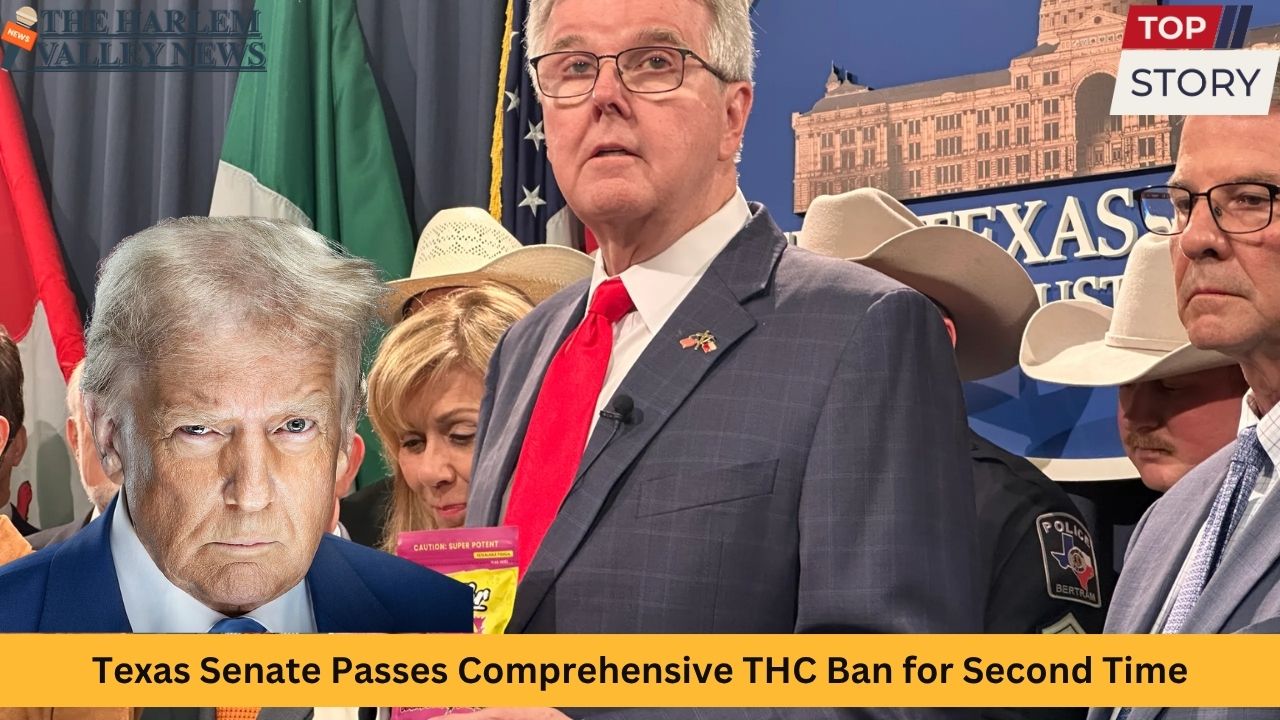


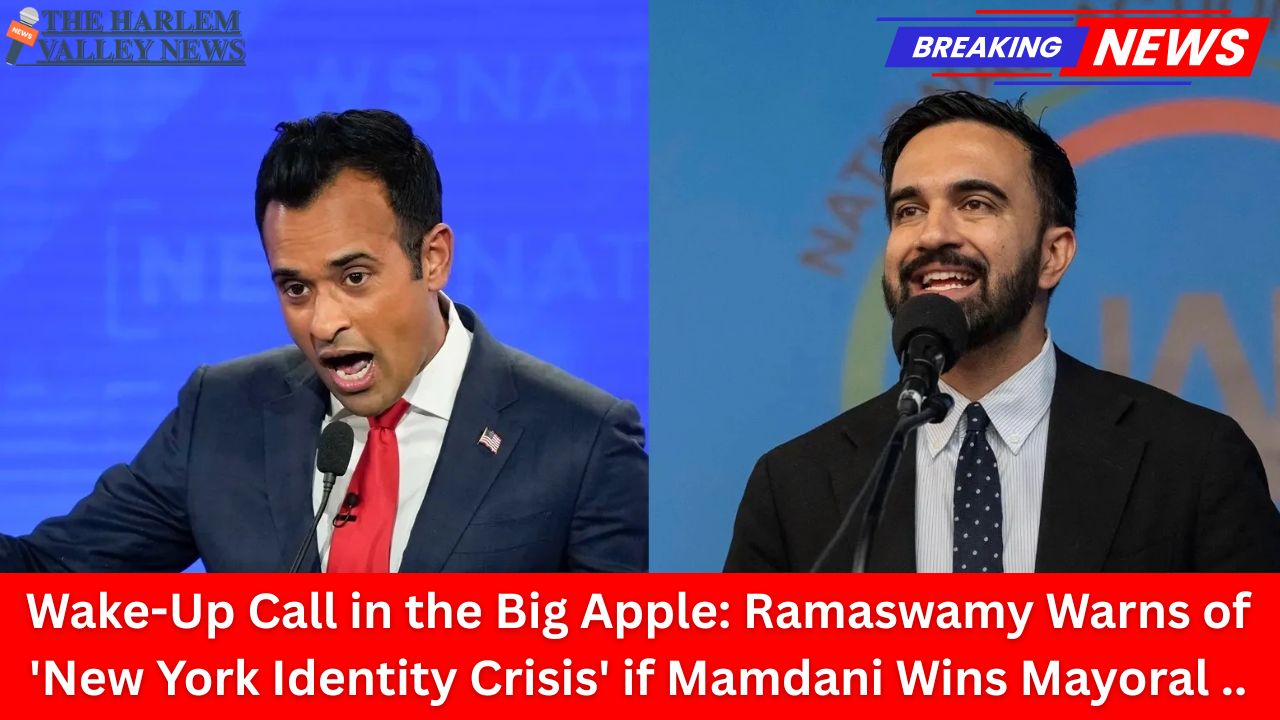

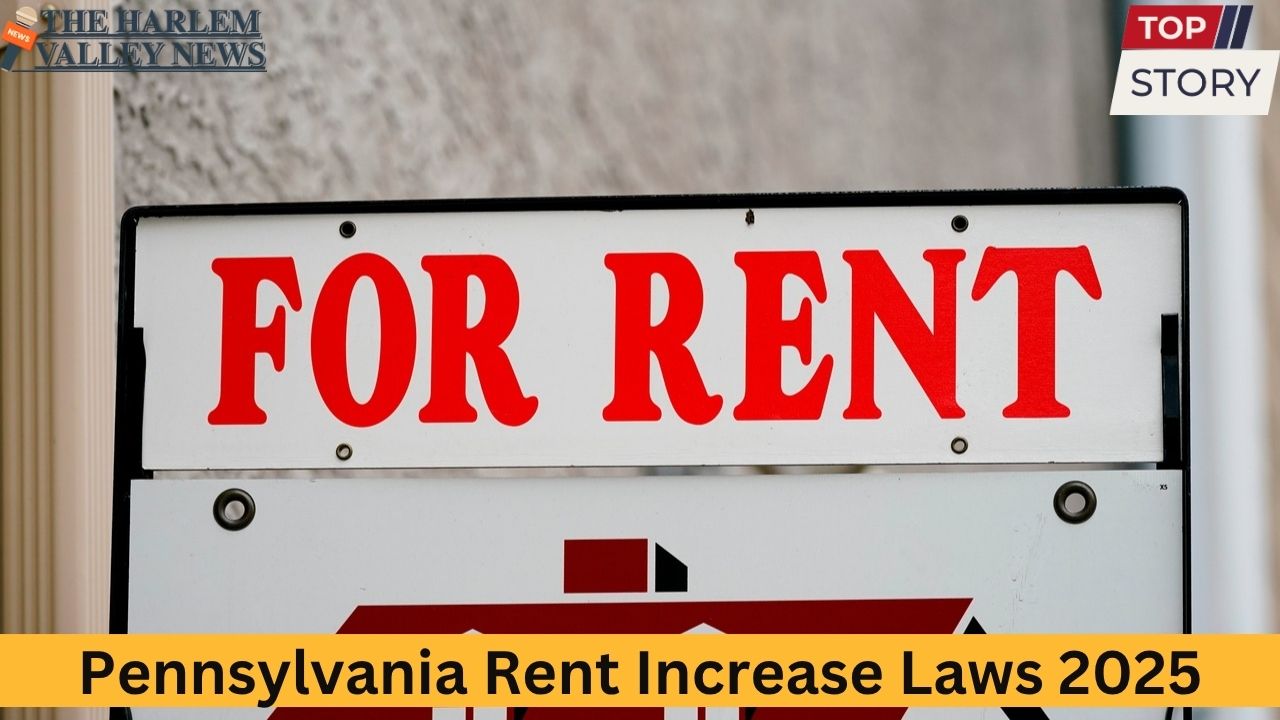

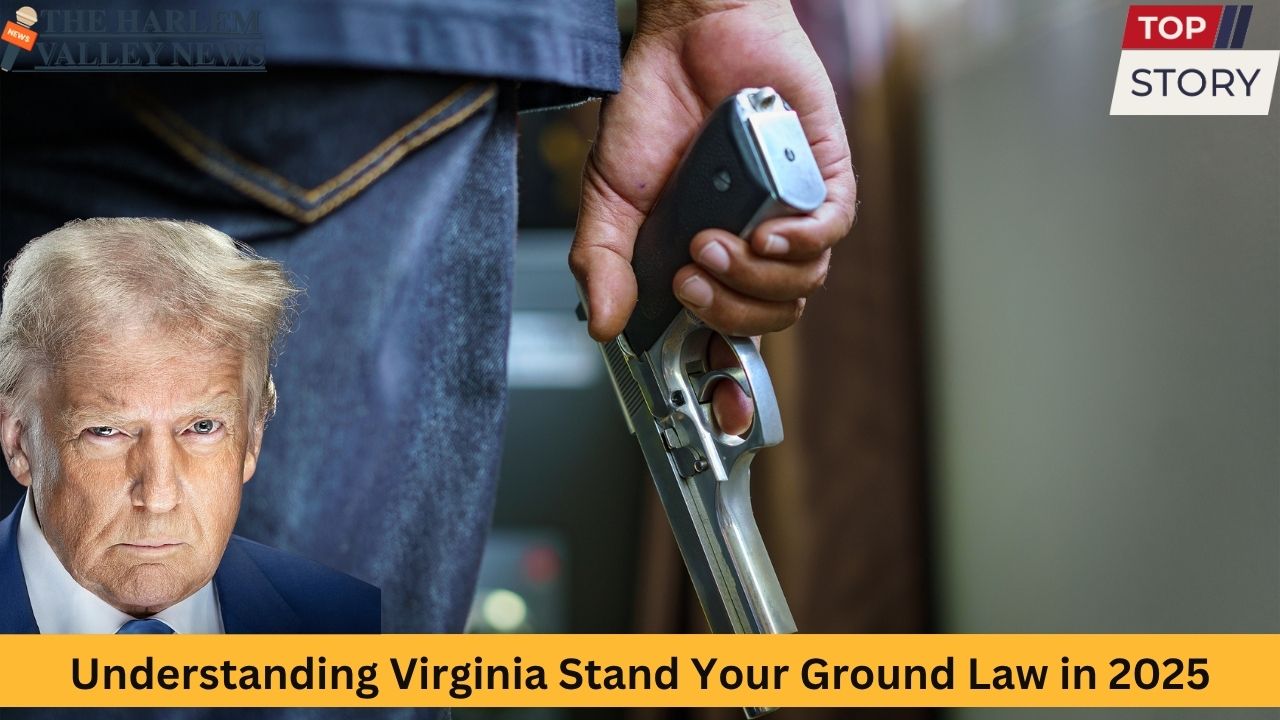


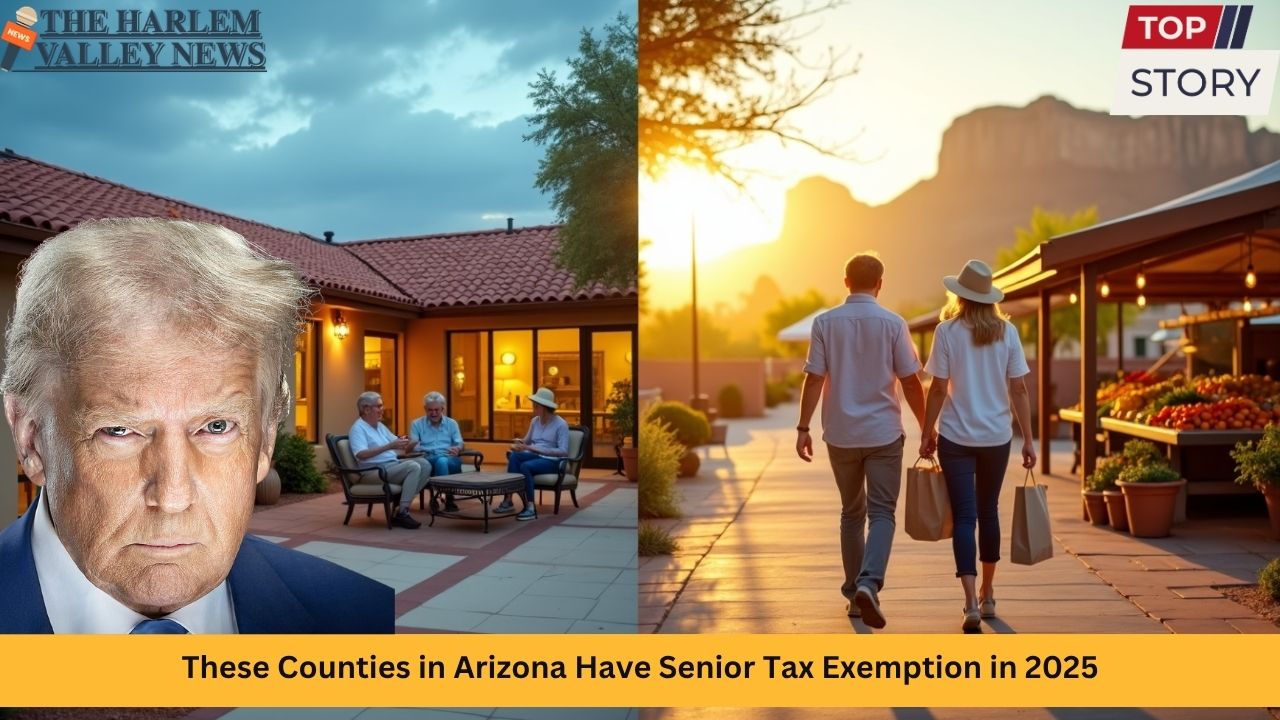
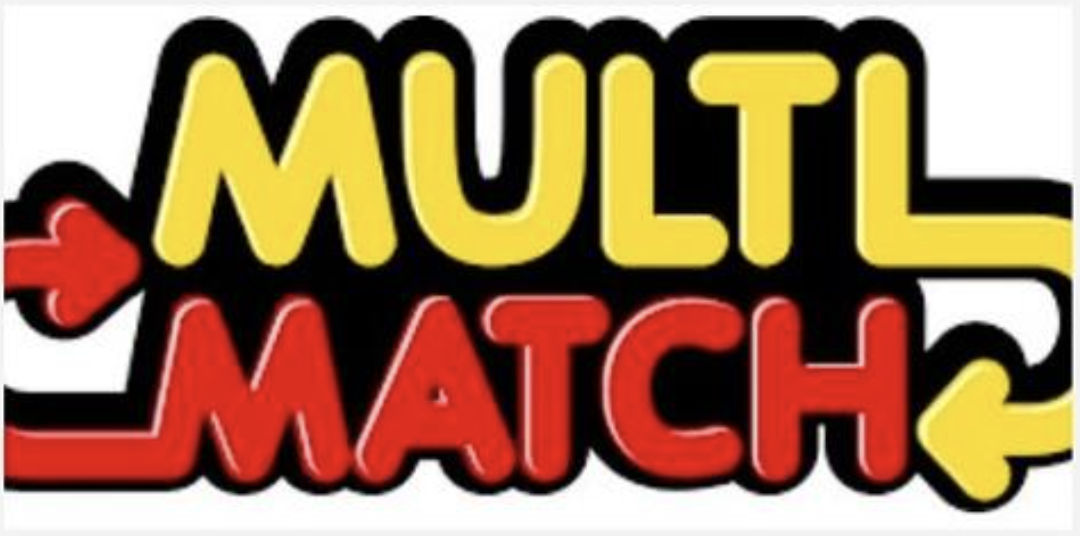
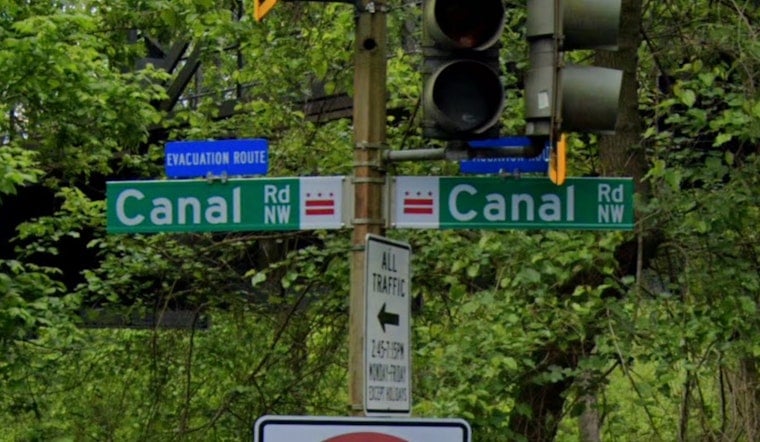
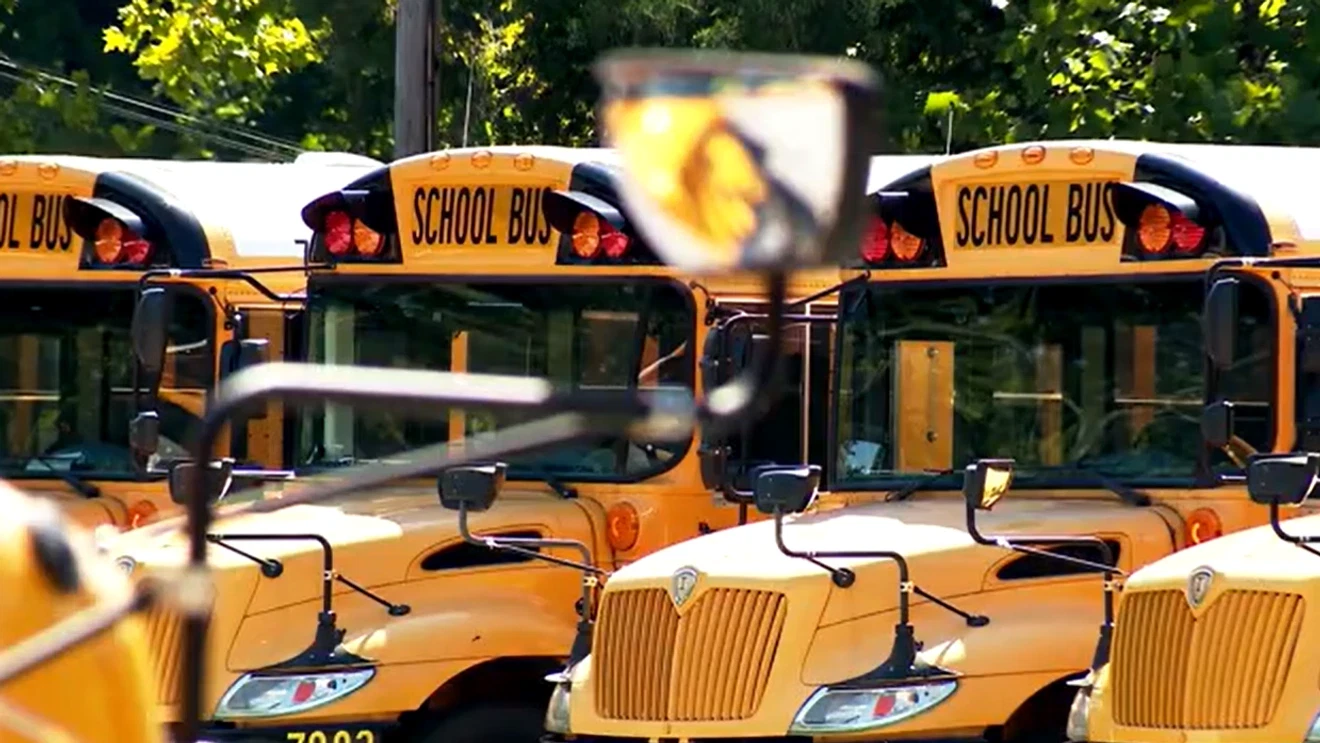
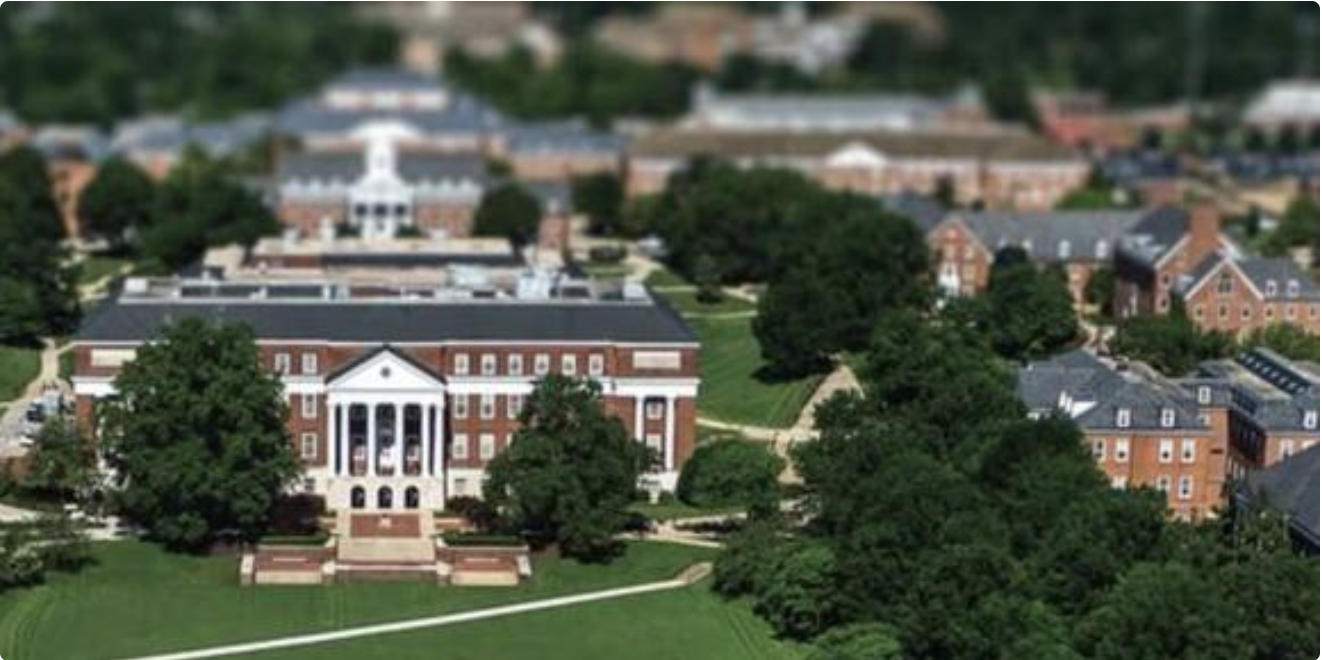
Leave a Reply